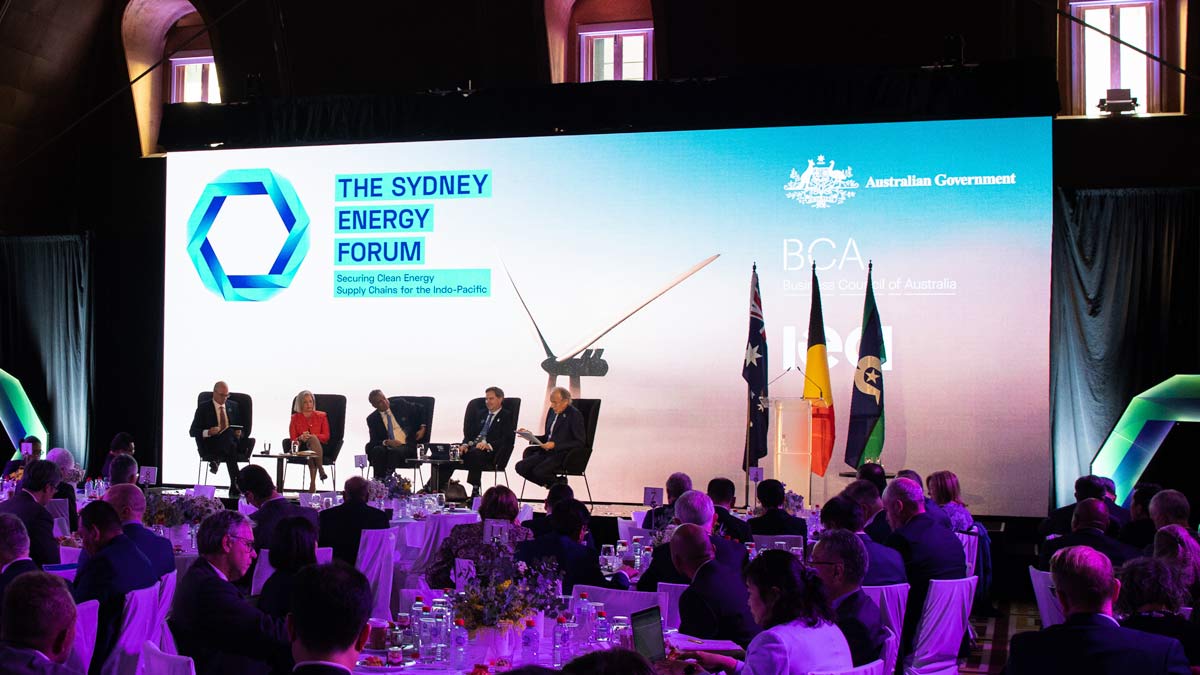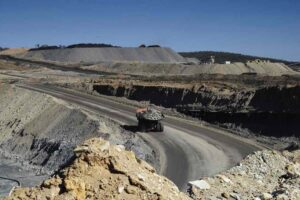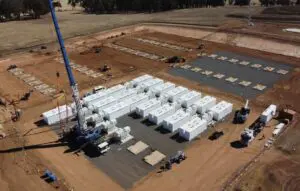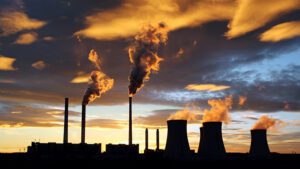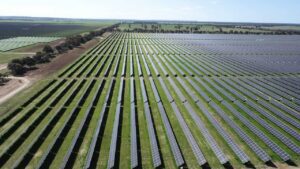The global transition to cleaner energy sources will require governments to grapple with new geopolitical challenges and forms of energy security risks – as new powers seek to dominate the supply of low emissions technologies – leading energy market experts have warned.
Speaking at the Sydney Energy Forum on Wednesday, American energy market expert and Pulitzer Prize-winning author Dr Daniel Yergin warned that the key materials needed for clean energy technologies are not immune to the type of geopolitical disruptions currently impacting global fossil fuel markets.
“We now see semiconductors are getting caught up geopolitics – in what has been called the Great Power competition and strategic rivalry. And it’s interesting, the Quad in which both India and Australia participate. One of the themes now is the resilience of supply chains,” Yergin said.
“There are different dimensions about that. Part of that is Covid, but part of it is geopolitical as well… and I think it bears much greater examination of the minerals that will be needed the building blocks of net zero emissions and, and the availability of them.”
Global energy markets are currently being rocked by the flow-on impacts of the Russian invasion of Ukraine, which has seen Russia cease supplies of oil and gas to several European countries, plunging global markets into a state of crisis.
Yergin, who serves as the vice chairman of analyst firm S&P Global said that unless the supply of critical materials and components is diversified, clean energy technologies may not be immune from similar geopolitical disruption in the future.
“The lesson from this is that energy transitions require energy security, because you’re not going to get the transition if you have too many problems,” Yergin said.
“And energy security requires energy diversity. More than a century ago, Winston Churchill summarised it when he converted the British Royal Navy from coal to oil. He said safety and energy lie in variety and diversity.”
Supply chains and energy security issues have featured heavily in discussions by delegates to the Sydney Energy Forum, which the Australian government is co-hosting with the International Energy Agency and the Business Council of Australia and has featured representatives from the United States, Japan, India, Indonesia, and delegates drawn across the Asia Pacific region.
The conspicuous absence is representation from China, with the unspoken focus of the conference being a need to counter China’s growing dominance and control of the supply clean energy technologies, like solar panels, wind turbines, batteries and electric vehicles.
Delegates at the Sydney Energy Forum have all but conceded that Russia’s actions to cut fuel supplies to Europe had highlighted the additional risk that a country like China could exert similar control over the supply of clean tech.
The warnings coming from the forum’s delegates are clearly targeted at countering the dominance of countries like China and Russia in future supply chains, with the United States energy secretary Jennifer Granholm suggesting the transition to clean energy supplies would help mitigate against future energy security risks.
In his own address to the forum, German finance minister Jörg Kukies said countries needed to be wary of such situations where one country is able to dominate the supply of energy, heeding the lessons learnt from Germany’s experience with Russian fossil fuel supplies.
“The Russian aggression against Ukraine has shown very painfully to us [the effect] of an over-concentration of procurement of energy from one source – the one source that we’ve believed for many decades to be a reliable and trustworthy source – that has now shown not only its blatant violation of the international rule of law,” Kukies said.
“We have ourselves to blame by subjecting ourselves to this to this concentrated risk of sourcing energy in such an un-diversified way from one source.”
“So, of course, what we are doing now is contrary to many views. We are actually accelerating the renewables drive. We are accelerating the build-out of infrastructure,” Kukies added.
“Of course, we are taking a sidestep, and instead of going straight line from fossil fuels to renewables, we are going from fossil fuels – including Russia – to fossil fuels – excluding Russia – and into renewables.”

